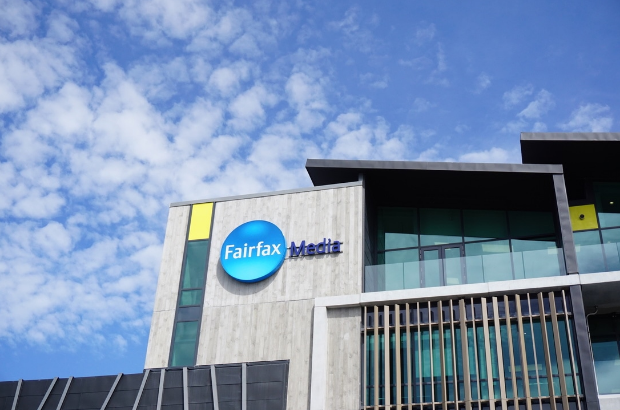Five things that could happen now the Fairfax-NZME media mega-merger has been rejected
The rejection of plans to merge Fairfax Media’s New Zealand news operations with those of NZME will have a wide-ranging impact both sides of the Tasman, argues Stuart Howie
Traditional media keeps getting a pounding – and entering the fray at a sensitive time in New Zealand is the Flat Earth Society disguised as the country’s regulator, the Commerce Commission.
ComCom has rejected the proposed merger of Fairfax New Zealand and NZME, citing the likelihood of greatly reduced competition in the market. The argument: less outlets, less views, poorer society.

It beggars belief, of course.


I think you’d find most New Zealanders are happy with this result and many Australians, who are used to bulldozing their way through, wouldn’t understand.
Strange that a piece making out Fairfax management aren’t the real villians contains all the evidence that they are – a tradition of incompetence and self-destruction stretching all the way back to Young Warwick, a refusal to seize the opportunities of the digital age and a single-minded fixation with cutting costs rather than growing revenue.